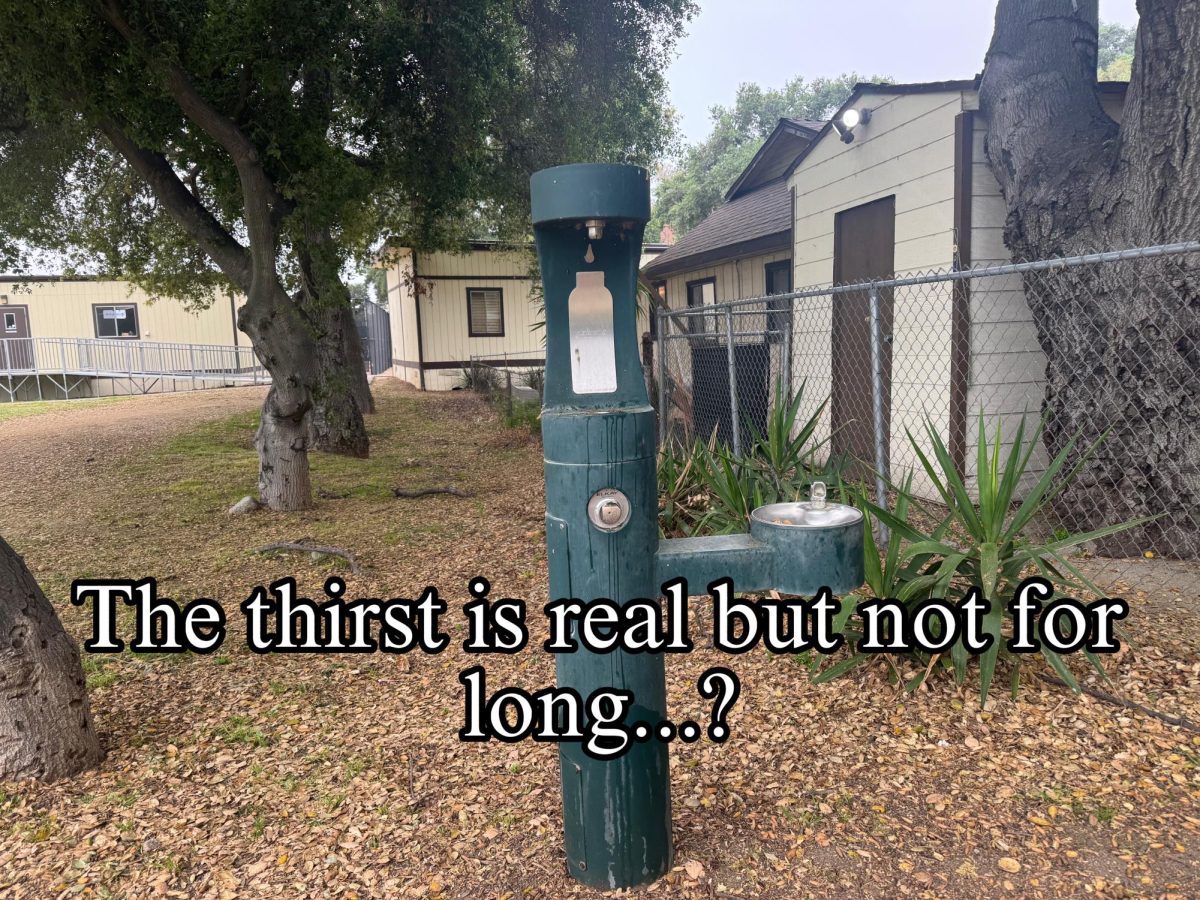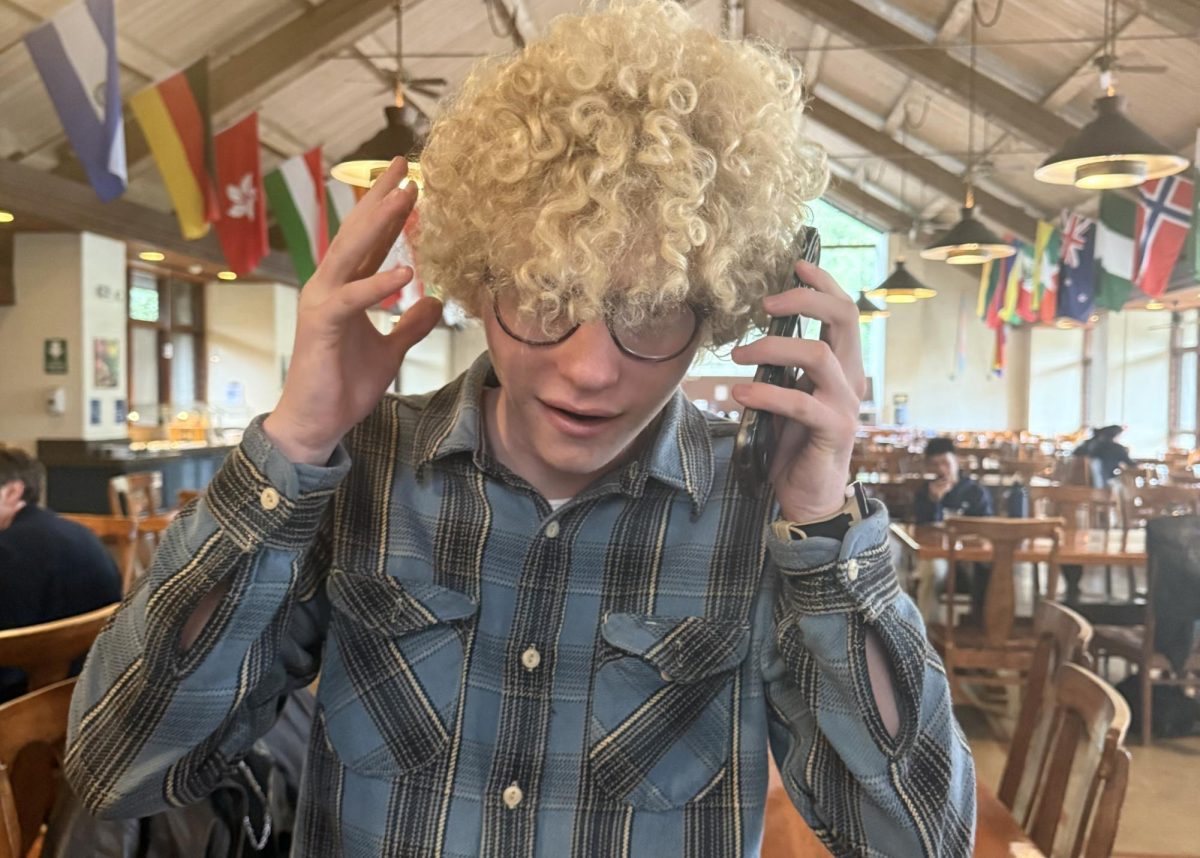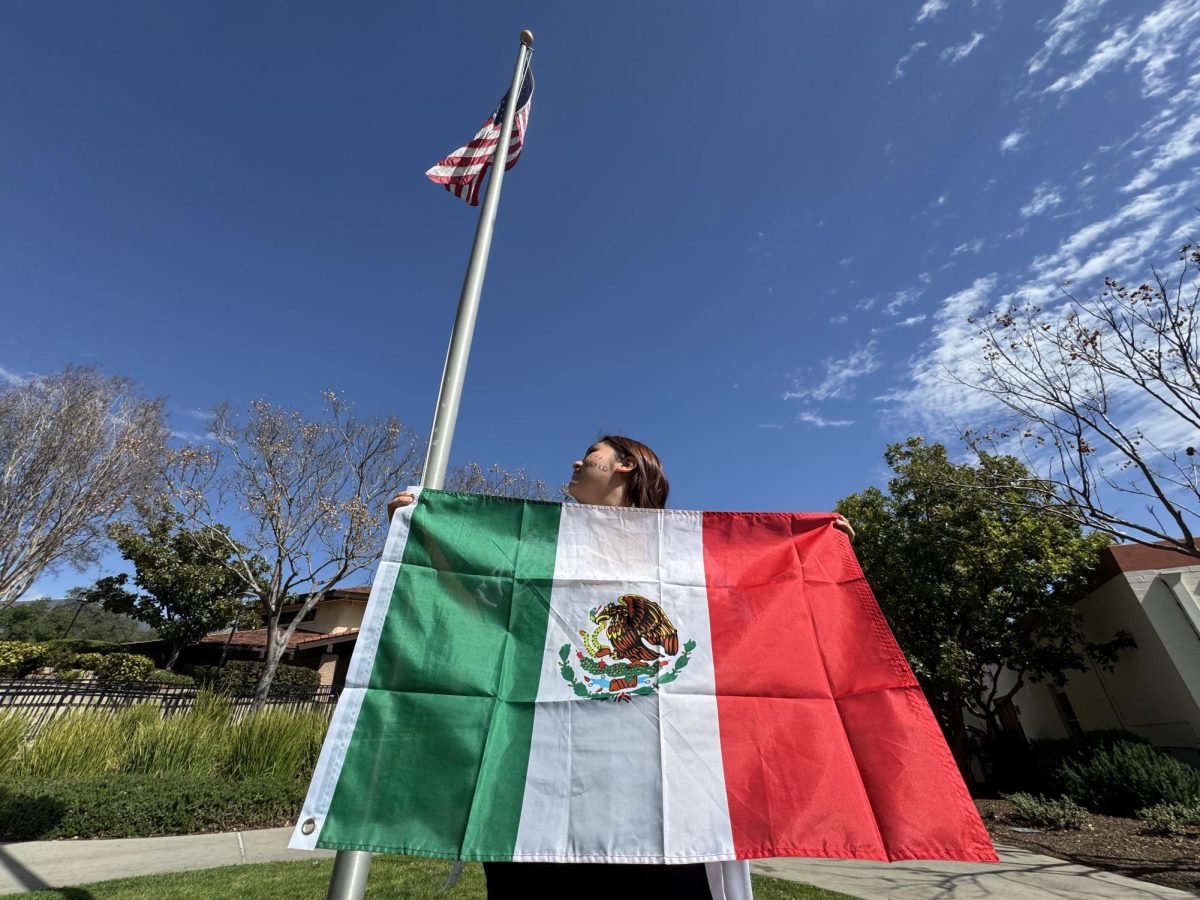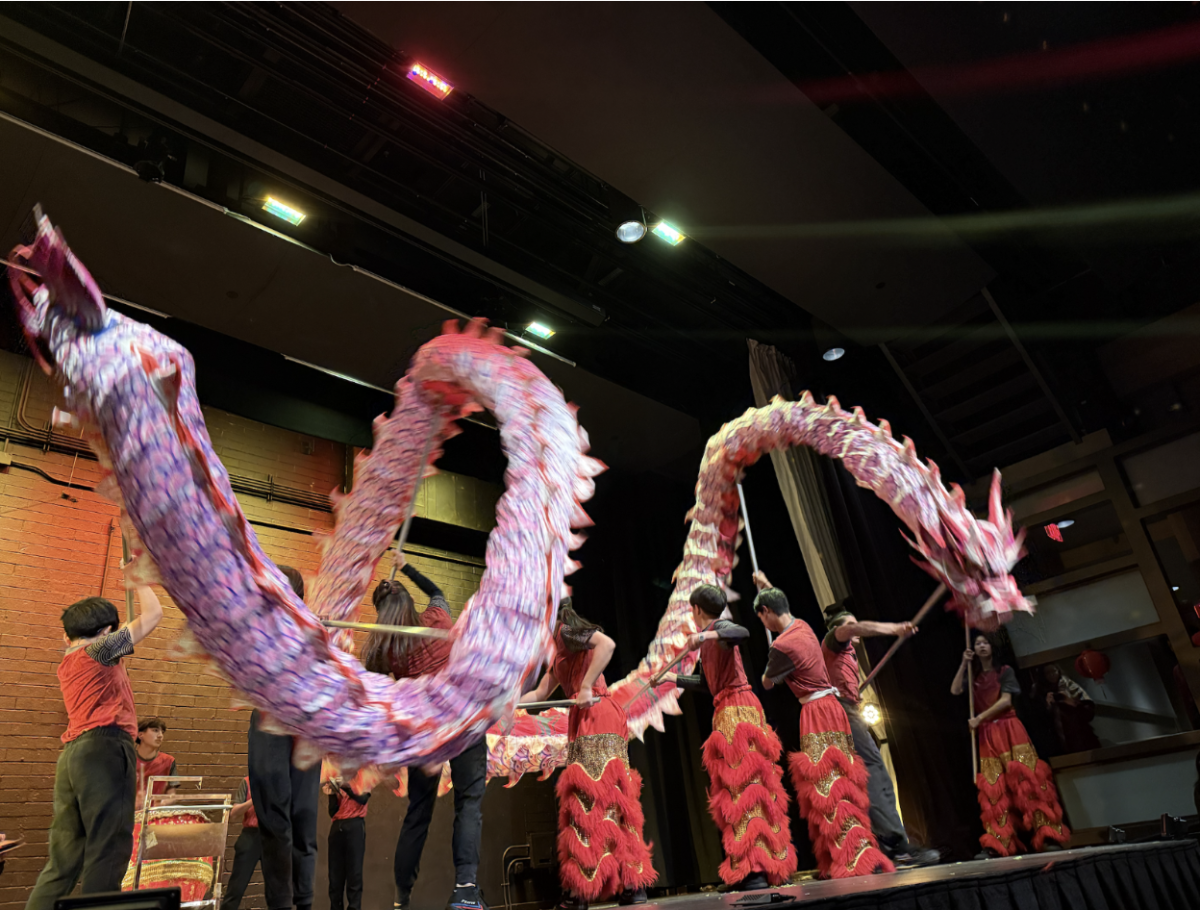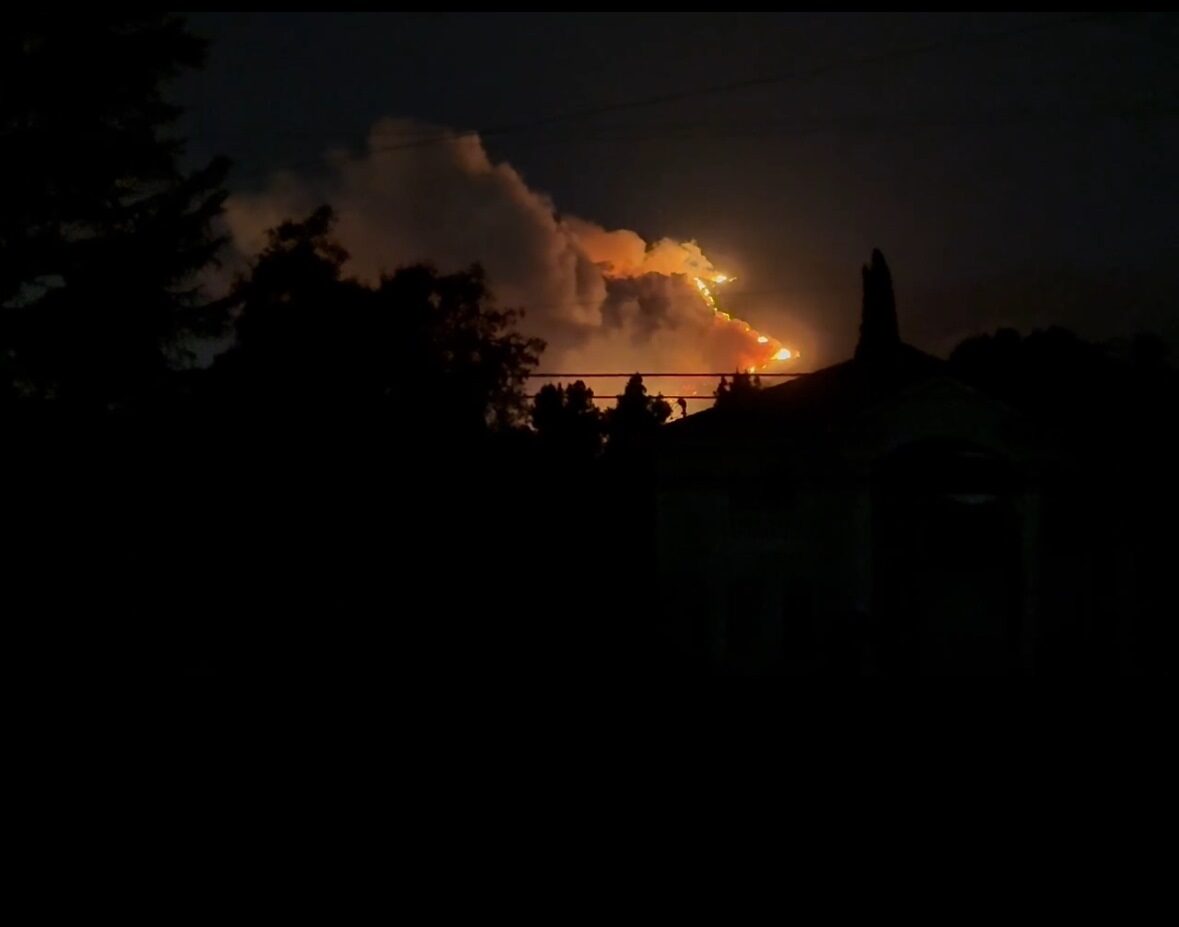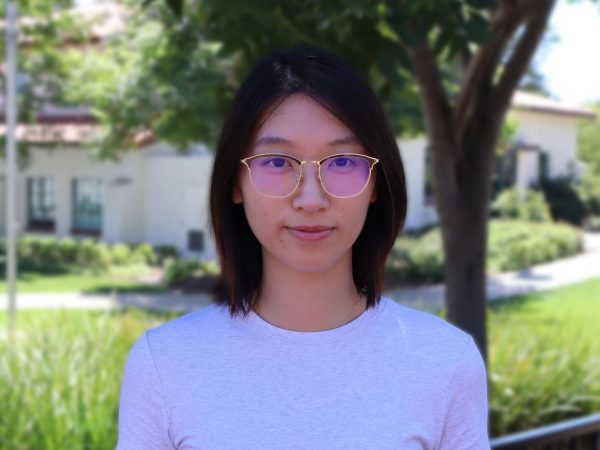Over 430 people visited and learned science research among the paleontology community and Webb student researchers in the annual Fossil Fest of Raymond M. Alf Museum of Paleontology on March 9th.
“When I was planning the event, I wanted us to celebrate both science and the people doing science and look at science from a very different perspective,” said Gabriel Santos, Director of Visitor Management and Education of the Alf Museum.
Fossil Fest first started as the “Women of Paleontology” event, featuring female paleontologists and their research. It eventually transformed into Fossil Fest, which invites and celebrates paleontologists from different cultural and educational backgrounds.
This year, students in the Advanced Studies Paleontology course planned interesting outreach activities to demonstrate their research.
“Highschool students do not typically get to do original research in paleontology,” said Dr. Mairin Balisi, Augustyn Family Curator of Paleontology. “One of our students carried out research on a rhino bone bed, and all the students have their own ‘mystery’ to talk about. People are just blown away that our students are doing work like this.”
The museum was also thrilled to invite scientists from different institutions to speak on paleontology. This time, it included experts from the La Brea Tar Pits and Dinosaur Institute of the Natural History Museum of Los Angeles, as well as representatives from UCLA, UC Riverside, the Western Science Center, the Cabrillo Marine Aquarium, and a bone cloning company. Furthermore, paleo-artist Cullen Townsend talked about the art techniques that bring fossils to life and the relationship between Hollywood and science.
Their presentations covered a wide range of topics from isotopic analysis, a whole new aspect of paleontology, to some of the oldest organisms on the planet. They demonstrated valuable insight into the field and enhanced the museum’s offerings for visitors.
The Cabrillo Marine Aquarium planned an entertaining activity where guests got a chance to hatch grunion eggs by shaking the jars containing them.
“Grunion eggs hatch when waves crash on the beach,” Mr. Santos said. “You are simulating the wave action when you are shaking the jar.”
The museum will continue such events in the future. One of them is “Power of Plants,” taking place on April 13th this year. This event will present the importance of plants to human culture and society, and advocate for native plant gardening
“Plants are usually very underappreciated even in paleontology, but they are just as important as the bones and dinosaurs to the story of life of Earth,” Mr. Santos said.
The museum will also hold its first “Let’s Rock” event on May 11th. Similarly to the “Power of Plants,” the event highlights an often overlooked aspect in paleontology: geology.
“I hope we can change the perspective on rocks through this event,” Mr. Santos said. “It is not just a rock; there is a whole history behind the rock, and it relates to the story of Earth and beyond the stars.”
The Alf Museum not only serves the Webb community but also a broader community that connects the paleontology field over the world.
“When we open our doors and invite people to learn about our fossils, we are inspiring the community to learn more about science and showing the public and Webb that we are all part of one community,” Mr. Santos said.


![Student researcher Elaine Tang (‘24) created a comic for the Fossil Fest to explain the two ways fossils are formed in a tarpit. “I chose to explain my research by comic because there are a lot of kids coming to the [Fossil] Fest,” Elaine said. “They are all very interested and even painted on my comic with their favorite colors.” Fossil Fest is one of the Raymond M. Alf Museum of Paleontology Discovery Day events during which scientists and museum visitors are invited to celebrate paleontology.](https://webbcanyonchronicle.com/wp-content/uploads/2024/03/9eae070d6f5f12b684fd6d4ff457a01.jpg)

